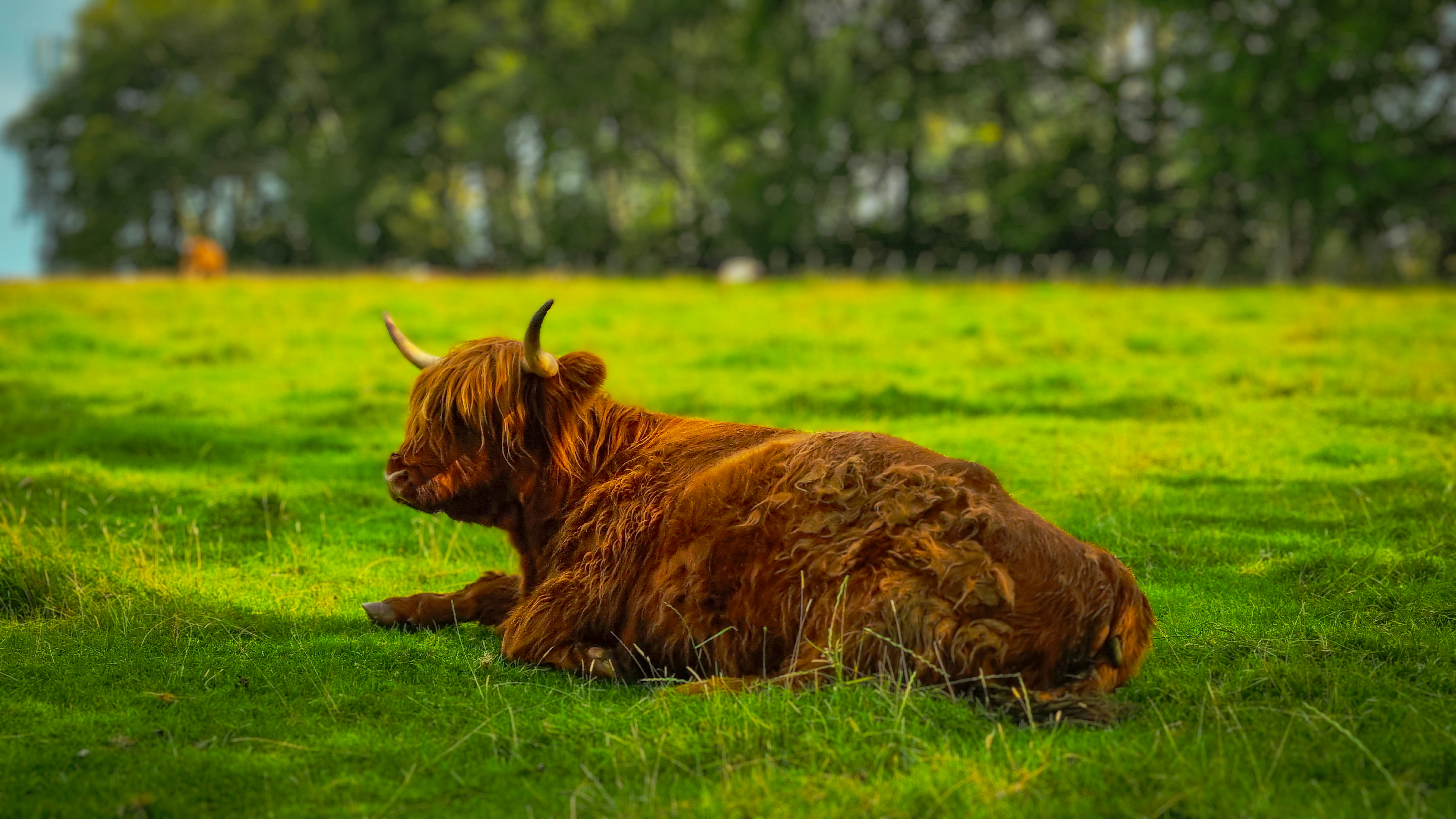Livestock diseases can have a major impact on the health of your animals and the overall productivity of your farm. Understanding how to identify and treat common livestock diseases is crucial for ensuring the well-being of your animals and maintaining a successful operation. This guide will help you recognize signs of common diseases and take the appropriate steps to treat them.
1. Foot-and-Mouth Disease (FMD)
Foot-and-Mouth Disease is a highly contagious viral disease that affects cloven-hoofed animals such as cattle, pigs, sheep, and goats. Symptoms include blisters and sores around the mouth, hooves, and teats, along with fever and lameness.
Treatment: Unfortunately, there is no specific treatment for FMD. The focus should be on preventing the spread of the virus by isolating infected animals and practicing strict hygiene measures. Vaccination is the best prevention, and infected areas may need to be quarantined.
2. Mastitis
Mastitis is an infection of the udder in dairy cattle, caused by bacteria entering the udder through the teat. It can lead to swelling, pain, and reduced milk production. The milk may appear watery, lumpy, or contain pus.
Treatment: Early detection is key to treating mastitis. Antibiotics are commonly used to treat bacterial infections. Additionally, maintaining clean milking practices and ensuring proper sanitation of equipment can help prevent the infection from occurring.
3. Bloat
Bloat occurs when gas accumulates in the rumen of animals like cattle, sheep, and goats, causing abdominal distension. This can be life-threatening if not treated quickly. Symptoms include a swollen left side of the abdomen, discomfort, and rapid breathing.
Treatment: Immediate treatment involves relieving the gas buildup. This may include walking the animal or using a stomach tube to release the gas. In severe cases, a veterinarian may need to perform a more invasive procedure. Preventing bloat involves providing a proper diet and avoiding sudden changes in feed.
4. Coccidiosis
Coccidiosis is caused by parasites that infect the intestinal lining of animals like chickens, goats, and cattle. Symptoms include diarrhea (often with blood), weight loss, and lethargy. It mostly affects young animals or those kept in crowded conditions.
Treatment: Anticoccidial medications can be used to treat the disease. Ensuring clean water and feed, along with proper hygiene, can help prevent coccidiosis from spreading. Vaccination is also available for some animals.
5. Respiratory Infections
Respiratory infections, such as pneumonia, are common in livestock, especially in young animals. Symptoms include coughing, nasal discharge, fever, and labored breathing. These infections can be caused by bacteria, viruses, or environmental stressors such as poor ventilation.
Treatment: Antibiotics can be prescribed for bacterial infections, while good ventilation and stress reduction can help prevent outbreaks. Ensuring animals are kept in clean, dry, and well-ventilated environments will reduce the risk of respiratory issues.
6. Johne’s Disease
Johne’s Disease is a chronic infection caused by bacteria that affects the intestines of ruminants like cattle, sheep, and goats. Symptoms include weight loss, diarrhea, and a decrease in milk production. This disease develops slowly, often taking years to show symptoms.
Treatment: Unfortunately, there is no cure for Johne’s Disease, but preventing its spread is crucial. Infected animals should be culled, and good biosecurity measures should be in place to prevent further transmission.
Conclusion
Recognizing the early signs of common livestock diseases and taking immediate action can make a huge difference in the health of your animals and the success of your farm. Prevention is always the best approach, but when diseases do occur, quick identification and treatment are key.
At Huber’s Animal Health, we provide a range of high-quality products designed to support livestock health and prevent common diseases. Visit our website at Huber’s Animal Health to explore our selection of veterinary products and nutritional supplements to keep your livestock healthy and productive.
